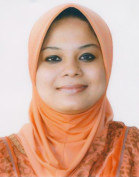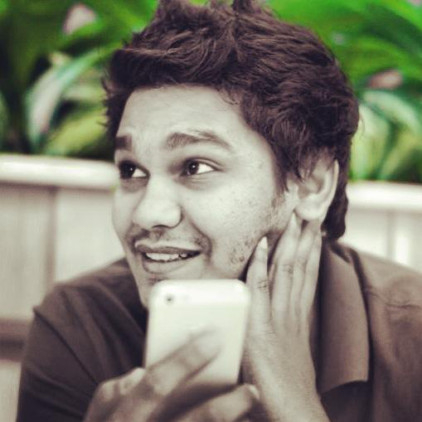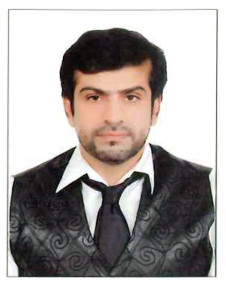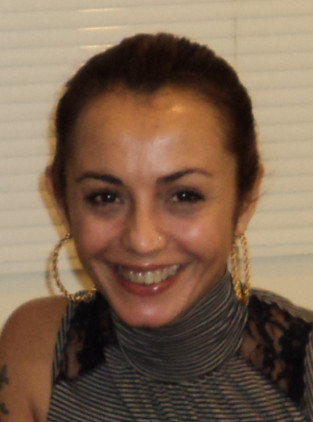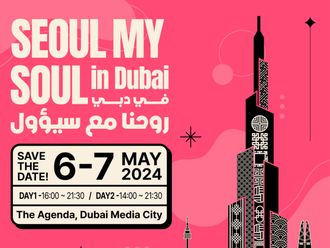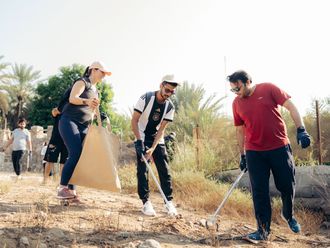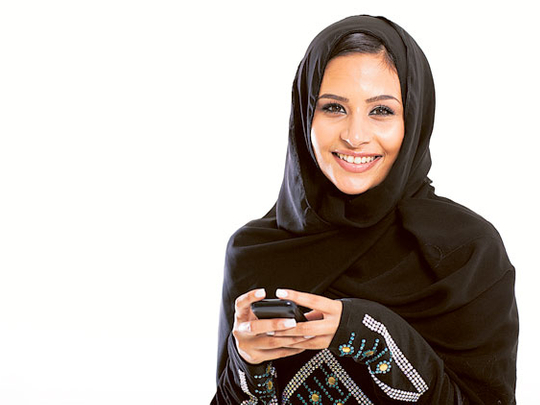
Dubai: Times are a changing. Social media is taking over many of the social aspects of community living, as is evidenced in how people are greeting each other for Eid Al Fitr.
Gulf News readers told the newspaper that the majority of them choose social networks such as Facebook and Twitter as a way of wishing family and friends, especially those they cannot visit.
Abdul Saleem, an Indian, said: “I visit family and friends during Eid and also use social networks. But nowadays, for me, it has largely become Facebook, Twitter and WhatsApp. A single post about the occasion reaches those whom we cannot greet in person.” He works as a system administrator.
Shan Fazelbhoy, a Pakistani, said: “I am a very active person on social media. One message for Eid through an SMS, Blackberry Messenger (BBM) or WhatsApp reaches all relatives who cannot join us in person. If I have to wish Eid from my business account, I usually post a greeting card on Facebook. But, personally, I upload pictures from [Eid] lunch and post status updates.” She owns an online art gallery.
Readers shared a similar point of view on the Gulf News Facebook page.
Muneer Baloch posted: “I use a combination of voice calls, VoIP calls, SMS/Multimedia Messaging Service (MMS), Facebook wall posts and WhatsApp.”
Sumera Malek commented: “It depends. For family members who stay in another country, we usually call them via phone to wish them Eid Mubarak, whereas for close friends, it’s always Facebook, message or even a call.”
Bina Ashraf added: “Facebook wall, WhatsApp, text and calls.”
However, there are those who still follow tradition.
Jamal Mohammad, an Emirati, starts by visiting the eldest member of the family on the first day of Eid. He said: “We visit our grandmother’s house to celebrate Eid. Families who live in Fujairah, Ras Al Khaimah and Oman gather at the same place. We call and greet those family members who cannot join in.
“The second day of Eid is mostly with family or friends. I do use Facebook to post Eid greetings as status updates. In addition, I personally message some important people and post general messages to everyone wishing them Eid Mubarak.” He works in customer service.
Fareeha Sultana, too, prefers to exchange wishes in person but has to depend on social media when distance is an issue. She said: “I prefer to meet relatives in person. However, I use social network because my parents and friends are in Bangladesh. I am very active with broadcasting an Eid message on WhatsApp, and also post greetings on Facebook as wall posts for friends who are in Bangladesh and elsewhere.” Sultana, a Bangladeshi, teaches as adjunct faculty at a university.
Khurram Shahzad, a Pakistani national working as a project coordinator, said: “Eid gives a sense of jubilation to my heart. This feeling makes me call my family in Pakistan. The first person I call is my mother, then my wife and child.
“To greet others, what I usually do is make a greeting card on PowerPoint and post it on Facebook. Along with it, I update my Facebook status to ‘Eid Mubarak’.”
Urooj Mohsin, too, uses social media to connect with family back home. The Pakistani national said: “I use Whatsapp for exchanging greetings with people in Pakistan. Since we cannot call everyone, a status update with Eid greetings on Facebook and tagging friends or relatives on the status makes it easy to wish all relatives at the same time.” Mohsin is a volunteer with an online organisation focusing on Islamic values.
-The writer is a trainee with Gulf News


